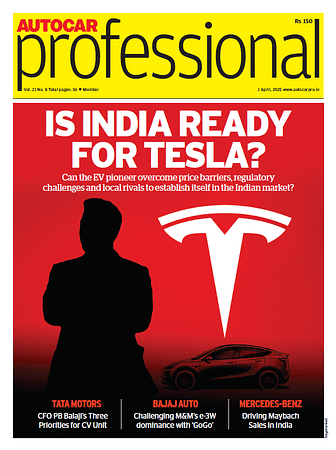Free trade in ASEAN can create over 500,000 new jobs
Despite free trade agreements and falling tariffs, trade barriers have increased in ASEAN.
Removing non-tariff measures (NTMs) applied to the automotive industry that prevent free trade within ASEAN would create up to 500,000 new jobs and boost economic output by 0.5 percent, according to a new economic study released by General Motors earlier this month.
The study, carried out by globally renowned Oxford Economics and commissioned by GM, reveals that while import tariffs have progressively fallen, almost 190 additional NTMs were implemented across ASEAN member countries between 2009 and 2013.
“ASEAN countries should be commended for their significant progress bringing down tariffs,” said GM International vice president of government relations and public policy, Matt Hobbs.
“However, NTMs remain a significant impediment to achieving the fundamental aims of the ASEAN Economic Community (AEC) to establish the free movement of goods across borders.”
Oxford Economics found that the automotive sector lags other sectors in removing NTMs, with over 70 percent of imports of motor vehicles and auto parts subject to some kind of non-tariff barrier in Indonesia, Malaysia, the Philippines, Singapore and Thailand.
The most common NTMs are technical barriers to trade, followed by quantity control, affecting 25 percent of the automotive sector.
Excise taxes are also often used as an NTM across ASEAN to implicitly or explicitly discriminate against imports, such as through the application of differential rates or thresholds that favour domestically produced vehicles, or via reference to different tax bases (for example, by using CIF prices for imports versus ex-factory prices for domestic producers).
“ASEAN motorists are missing out because of non-tariff barriers,” said Hobbs.
“NTMs deny them choice because they prevent the majority of imported vehicles from being sold in ASEAN markets at a competitive price, or getting to those markets at all.”
Hobbs said that with the December 31, 2015 deadline fast approaching for regional economic integration under the AEC and many Free Trade Agreements (FTAs) in place within ASEAN and between ASEAN and other countries, local motorists should be spoiled for choice.
“But across many ASEAN countries, automotive industry policy is being used to prevent large-scale imports of vehicles from other ASEAN members and countries outside the region. This also makes it very difficult for new market entrants to industrialize in ASEAN countries,” said Hobbs.
In its study, Oxford Economics states that reducing NTMs would significantly boost trade, economic output and jobs.
The study shows that with full liberalisation, NTMs fully removed and output tax reduced by 20 percent, 500,000 additional jobs would be generated and GDP would be 0.5 per cent higher in 2025 than currently forecast by Oxford Economics.
Hobbs said that while the ASEAN automotive industry has the potential to be globally competitive and access major markets outside the region, it is being held back by not operating as a single market.
“Almost 4 million vehicles were produced in ASEAN in 2014. This is on par with South America, India and South Korea,” he said.
“But it does not act as one market, denying the region’s industry the ability to achieve the scale needed to be globally competitive.”
He added: “If it acted as one region, ASEAN would have the size, scale and expertise to become a globally competitive automotive manufacturing base that could export to major markets around the world.”
RELATED ARTICLES
US tariffs will hurt both automakers and US manufacturing: ACEA
European Automobile Manufacturers’ Association says that the EU and the US must engage in dialogue to find an immediate ...
Trump levies 25% tariff on all cars imported to US
President Donald Trump claims new levy on all cars and car parts shipped into the country will create "tremendous growth...
Hyundai opens its third factory in the US: Metaplant America
Hyundai Motor Group Metaplant America's vehicle assembly and battery plant is the key pillar of the Hyundai Motor Group’...






 By Autocar Professional Bureau
By Autocar Professional Bureau
 15 Dec 2015
15 Dec 2015
 2369 Views
2369 Views









